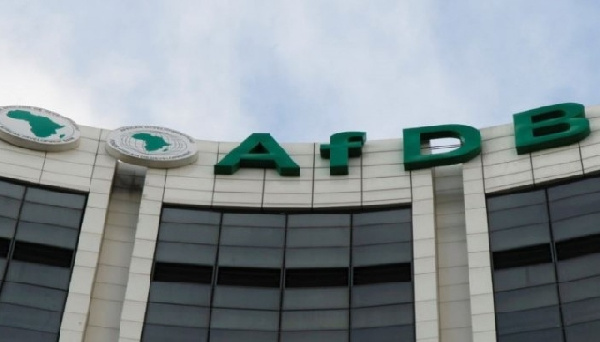Following the announcement of an additional $5 billion to the African Development Bank’s Enhanced Private Sector Assistance (EPSA) program from the government of Japan, the Bank’s Central Africa Regional Development and Business Delivery Office is seeking to engage with private sector organizations from the region with economically viable projects for investment.
Serge N’Guessan, African Development Bank Director General for the region, said: “The Bank is very keen to support private promoters’ investments in Central Africa since they are critical for the economic growth and job creation in this important region of the continent. The EPSA Program financing will contribute tremendously to achieving this noble development objective.”
The announcement, made in Tunis during the Eighth Tokyo International Conference on African Development (TICAD8), comprises $4 billion under EPSA 5 (2023-2025), and is complemented by $1 billion for a new special window to support African countries that undertake reforms to foster debt transparency and sustainability. EPSA 5 aims to address four key priorities: power, connectivity, health and agriculture, and nutrition.
The EPSA non-sovereign operations component helps finance the Bank’s private sector operations through a line of credit from the Japan International Cooperation Agency (JICA) to the Bank on concessional terms. To date, seven non-sovereign loans have been signed with JICA for a total of $1.5 billion. Examples of private investment financed include infrastructure: Bujagali Hydropower Plant (Uganda), RASCOM (the first Pan-African communication satellite), the East Africa Submarine Cable System, Lekki Toll road (Nigeria), and the Kigali Bulk Water Supply (Rwanda), etc.
Credit lines for regional development financial institutions went to the West African Development Bank, Africa Trade Insurance Agency, Africa Finance Corporation, East African Development Bank, and several commercial banks. EPSA loans also financed small and medium business assistance programs in Tanzania and Zambia, as well as sector-specific equity funds such as Africa Agriculture Fund, Emerging Market Fund, and equity investment in the creation of the TCX currency hedge facility. Industries also benefited from funding, as exemplified by Lake Harvest (aquaculture project in Zimbabwe), OLAM (major agriculture company investing in Africa), and Moulin Moderne du Mali (food products).
Latest Stories
-
Ghana needs urgent reset and inspiring leadership – Mahama
37 mins -
Asiedu Nketia cautions NDC: Don’t be complacent, election 2024 victory isn’t assured yet
55 mins -
Ongoing power crisis worst in the 4th Republic- Alhassan Suhuyini
55 mins -
Power challenges would be over in the next few days – Herbert Krapa
58 mins -
Full text: Acceptance speech by Prof Naana Opoku-Agyemang as Mahama’s running mate
1 hour -
Government’s fiscal adjustment on track – Report
1 hour -
Commercial drivers damn threats, unilaterally hike transport fares
2 hours -
Restore dignity to Vice President’s office – Fifi Kwetey to Prof Naana Opoku-Agyemang
2 hours -
Women face mounting pressures, feel unsafe at workplace – Deloitte
2 hours -
Bright Simons asks: Where is the KPMG report on SML contract audit?
2 hours -
GEXIM to celebrate Ghanaian workers with “Workers’ Mart Tuesday Market”
3 hours -
Ghanaians need honesty on the part of the government – Alhassan Suhuyini
3 hours -
We cannot compete; we need to collaborate – George Quaye on projecting theatre
3 hours -
GRIDCo to receive 100MW power supply from IPPs in coming days
4 hours -
How technology is weaving African markets into the global fabric
4 hours

